NEWS
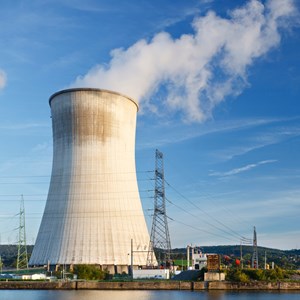
In the nuclear industry, specific design and construction codes provide a set of essential engineering tools for the design, construction, and integration of nuclear high safety class components and systems.
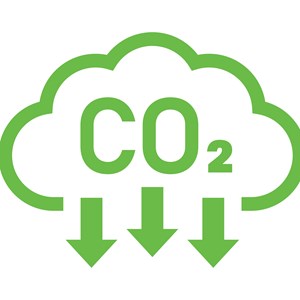
The application of (photo)electrocatalytical technologies for the reduction of CO2 to CO holds immense relevance for our current and future society with regard to sustainable methods to mitigate CO2 levels in the atmosphere and to reduce the dependence on fossil feedstocks. Electrocatalysis offers a promising solution by using renewable energy sources, such as solar or wind, to drive the electrochemical conversion of CO2 into CO. This process not only helps in the utilization of CO2 as a valuable feedstock but also offers a viable pathway towards carbon neutrality.

The planned Workshop will define Action Research and its role in large scale pilots. It will identify the key stakeholders involved and outline the necessary steps to conduct Action Research including planning, pre-validation, deployment, data collection and analysis.
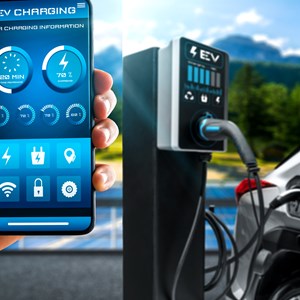
This CEN-CLC/WS intends to develop two CWA (Workshop Agreement):
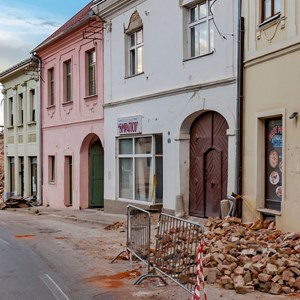
The CEN Workshop ‘Exchanging of building and infrastructure damage information with the Common Alerting Protocol’ was kicked off on 22 March 2022. The Workshop’s registered participants have agreed on the final draft of the CWA.
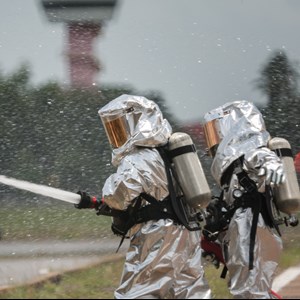
The CEN Workshop ‘Structuring an emergency response plan for crisis management stakeholders’ was kicked off on 27 January 2022. The Workshop’s registered participants have agreed on the final draft of the CWA.
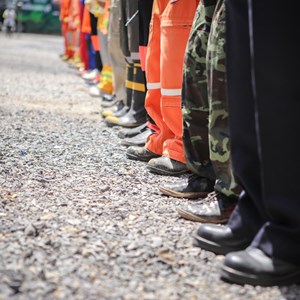
The CEN Workshop 'Collaborative emergency response – Common addressing format and emergency identification protocol' was kicked off on 18 February 2022. The Workshop’s registered participants have agreed on the final draft of the CWA.

This CEN Workshop Agreement defines the process for extraction and purification of PHA biopolyesters using chlorinated solvent-free and wet chemistry methods from enriched biomass.

Two draft CEN Workshop Agreements (CWAs) developed by CEN/WS IPCI ‘Improvement of information processing in crisis management of critical infrastructures for computer assisted data gathering, display and reporting’ are now open for public commenting.

EUBsuperhub is a European project funded by the European Union's H2020 research and innovation programme under grant agreement No 101033916. The project will support the evolvement of the certification process in Europe by the development of a scalable methodology to view, assess and monitor the buildings through their lifecycle, in a virtual marketplace.